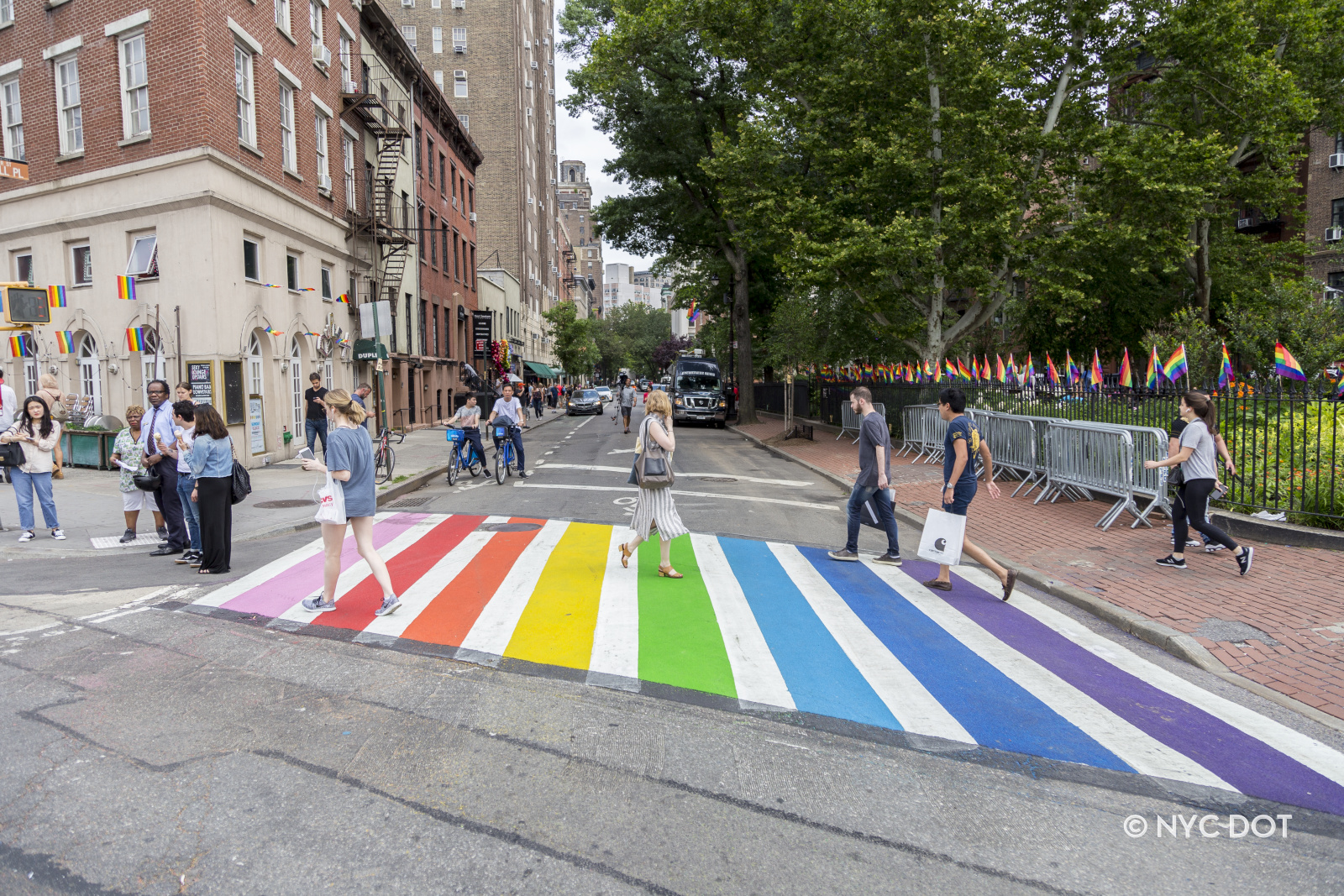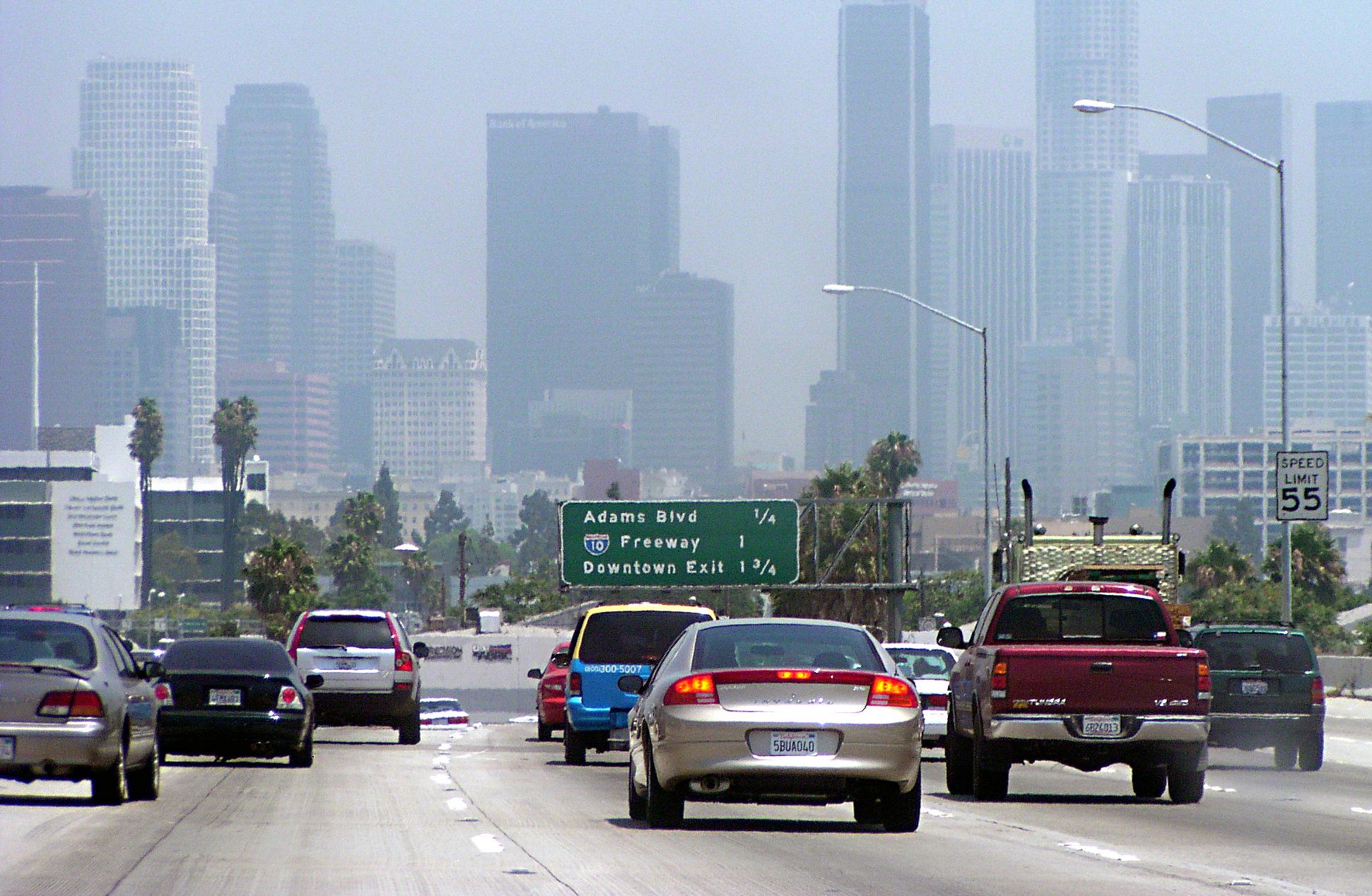Some of the fiercest battles over streets come down to resistance to change -- fears that claiming a lane of traffic for transit will cause carmageddon, or that converting parking spaces to bike lanes will starve local businesses of customers.

Darin Givens at ATL Urbanist says some of that resistance stems from a failure of imagination. By looking at how streets have constantly changed in response to different values, ideas, and incentives, he writes, we can see cities as "a springboard for good ideas and as a canvas for implementing them." He calls this a "mindscape" view.
To illustrate his point, he shows the past, present, and potential future of the "Underground Atlanta" area:
Instead of looking around and seeing only what the city is today, as represented in a current streetscape for instance, a mindscape view can allow you to see Atlanta in a way that links its past, present and future in a continuous flow, with its ever-changing cultural and physical environment apparent.
Doing so can establish a good foundation [for] civic innovation; because when the present-day city is viewed as a static entity, tied down to decisions and events from the past, that baggage often becomes a stumbling block to innovation (I can’t tell you how many times I’ve heard or read a phrase similar to “that can’t happen here, Atlantans won’t accept it” or “Atlanta is a car town, that idea can’t work here”).
But when the city’s culture and structure are understood as a constant flow, we can be more optimistic about creativity and change. As an example, let’s look at one streetscape -- a single westward vista of Alabama Street at its intersection with Central Avenue. We’ll take in the past and present while also envisioning a future that serves as an improvement to the present while also fitting in with the flow of the urban environment that began in the past.
The top photo is of the ground level. The bottom two show the new surface level, one story in the air, thanks to a series of viaducts that now exists. In the middle – the current day view – you can see the sad remains of the failed mall of Underground Atlanta. Vacant spaces and out-of-date facades tell a story of economic decline for the development. The bottom photo is a rendering from a potential redevelopment.
It’s possible to walk through here today and see not only the decline that’s overtaken the place, but also see what used to be here and what could come. The full flow of the street through time – a connection between periods of vibrancy that span centuries.
Elsewhere on the Network today: Architect This City explains the concept of "land value taxation," a favorite idea of urbanists that has seldom been implemented. And Broken Sidewalk reports that the American southeast is still struggling with high obesity rates.





